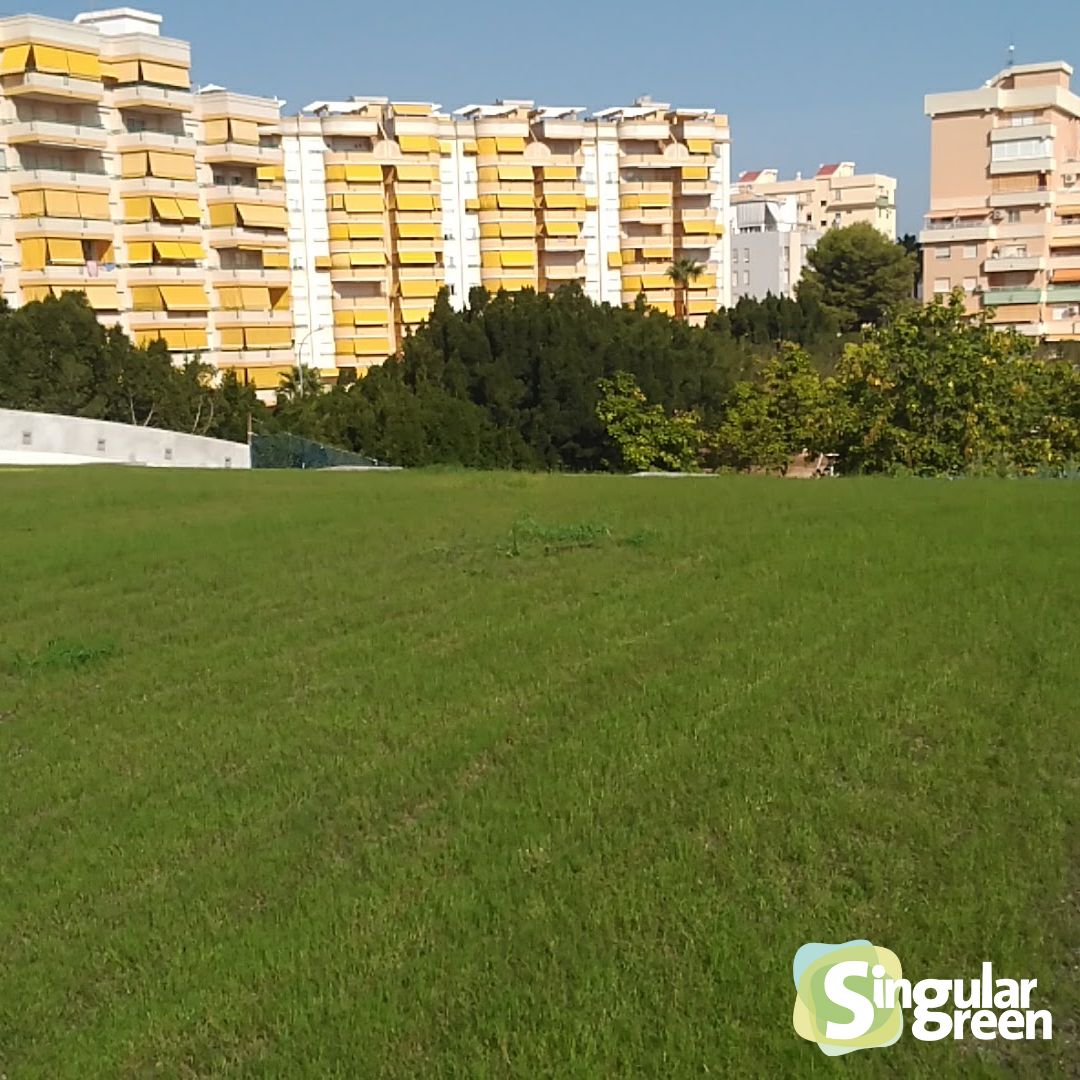Chloramine is a chemical compound that forms when chlorine mixes with organic substances in the water, such as sweat, urine, and even small leaves and twigs.
This process is common in swimming pools, especially those that are frequently used. Chloramine is responsible for the typical strong odour that many associate with chlorine in public pools.


This compound is formed after the first chlorination of water.
In our experience, we have found chloramine to be more dangerous than it seems, as prolonged exposure can cause respiratory problems such as asthma.
Differences between Chlorine and Chloramine
Although both chlorine and chloramine are used in water disinfection, there are key differences. Chlorine is effective in killing bacteria and other pathogens, while chloramine, which forms when chlorine reacts with organic materials, can be harmful if left unchecked.
We have learned that the smell of ‘chlorine’ in pools often indicates the presence of chloramine, which is a sign that additional treatment is needed.
Health Effects of Chloramine

Impact on the Respiratory System
Chloramine can have negative health effects, especially on the respiratory system. We have seen people who spend a lot of time in pools with high levels of chloramine develop symptoms such as persistent coughing and throat irritation.
In more severe cases, prolonged exposure can lead to the development of asthma.
Long-term risks
In addition to immediate respiratory problems, continued exposure to chloramine can cause other long-term health problems.
Our experience has taught us that many are unaware of these risks, but it is crucial to take preventive measures.
How to Remove Chloramine from Your Pool
Traditional Methods: Chlorine Shock Treatment
One of the most effective ways to remove chloramine is by chlorine shock treatment.
Although it may seem counterintuitive, the solution to removing this harmful compound is to add more chlorine.
This process must be done carefully to ensure that the level of free chlorine is sufficient to neutralise the chloramine without causing other health problems.
Alternatives to Chlorine for Pool Disinfection
For those who prefer to avoid the intensive use of chlorine, there are alternatives.
We have investigated options such as salt electrolysis and ionisation, which are less aggressive and produce less chloramine and other by-products. These alternatives offer advantages in terms of health and sustainability.
Sustainable Solutions: Alternatives to Chlorine
Natural Pools and Biopools
Natural swimming pools or biopools are an increasingly popular option.
According to the Naturalised Bathing Water Association, these pools use natural plants and filtration systems to keep the water clean, which minimises the risk of chloramine formation.
This approach is healthier and more environmentally friendly. If you want to know more about the different types of pool purification systems, take a look at our latest article.
Salt Electrolysis and Ionisation
Another alternative is salt electrolysis, which converts salt into chlorine automatically, reducing the need to add chlorine manually.
In our experience, this system is less aggressive and generates fewer by-products such as chloramine. Ionisation, which uses copper and silver ions to disinfect water, also helps to reduce the presence of chloramines.
Conclusion
Keeping your pool chloramine-free is essential for the health of pool users. Opting for alternatives to chlorine, such as natural pools or ionisation systems, is a smart choice for those concerned about the long-term effects of chemicals.
In the end, the most important thing is to enjoy a clean and safe pool, knowing that you are protecting both your health and the environment.







